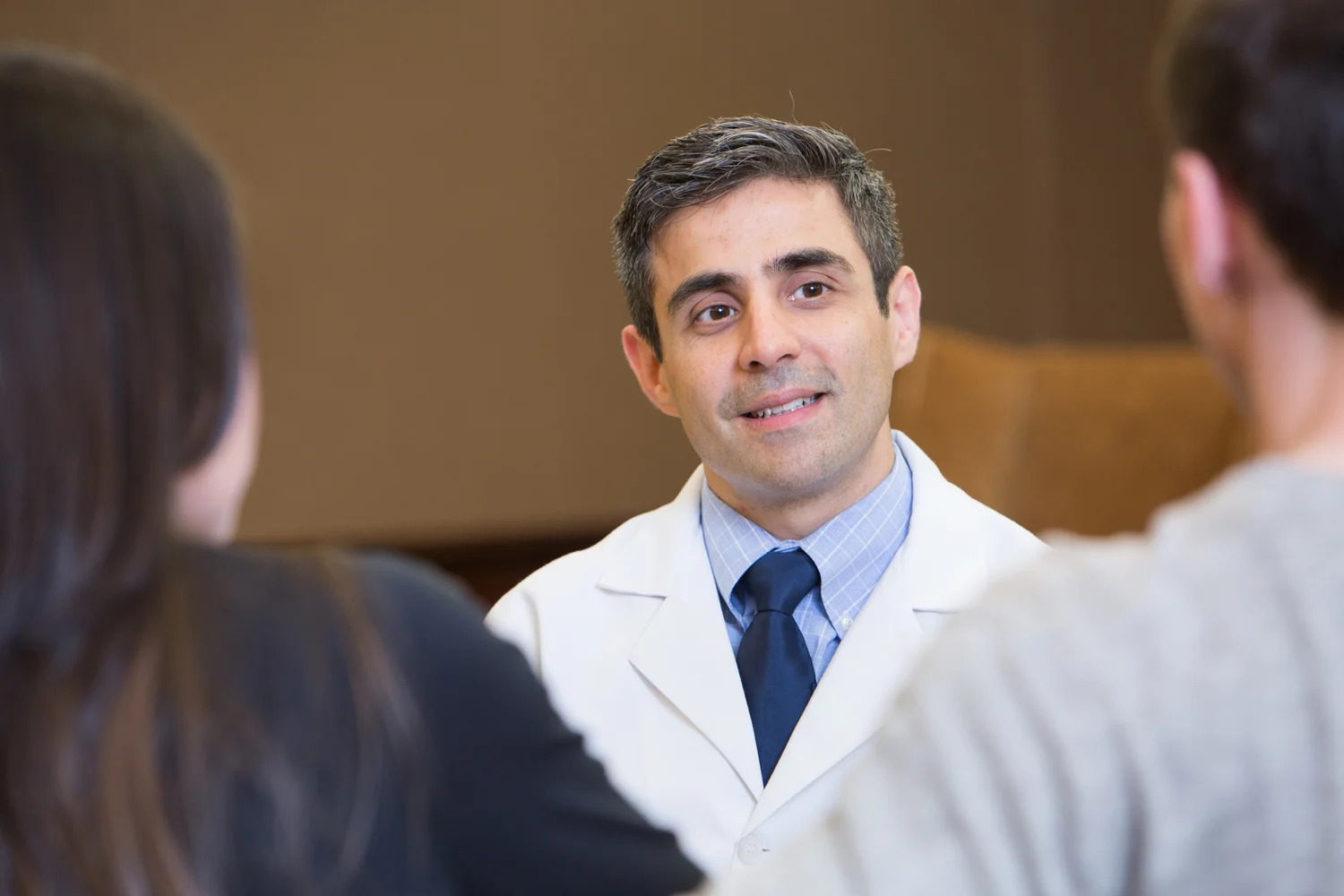The IVF marathon
A recent study from England published in the Journal of the American Medical Association has gained a lot of media attention because it addresses a question of how many cycles of In Vitro Fertilization a couple should attempt before finding success or succumbing to failure. This study is notable because it follows over 150,000 UK women over a period of time from 2003 to 2012. The large size of the study suggests that the findings could be applicable to the broader IVF population. The most striking finding of the study was that success rates did not seem to drop dramatically until a fourth failed cycle and that pregnancies could be achieved up to the ninth attempt at IVF! We know that this level of psychological, emotional and financial commitment required to continue along multiple IVF cycles is astounding!
Media outlets have focused on the concept that IVF does not always work out the first time, and multiple cycles might be required. While this is interesting, it is not necessarily ground breaking news. We should be focused on improving the chances that we are successful in the first or second cycle and trying to avoid these "marathon" treatments. Prior studies have demonstrated that the most common reason why patients drop out of treatment is the psychological and physical burden of IVF. How can we limit this burden for our patients? IVF can be an inefficient process as we are focused on obtaining multiple eggs and choosing the best embryo out of the bunch. That embryo selection process is an essential component of helping couples be successful earlier in their treatment. At RMANJ we have championed the use of extended embryo culture to grow embryos in the laboratory further so that their true reproductive potential becomes clear. We have also pioneered the use of Comprehensive Chromosomal Screening (CCS) to choose embryos that have the correct genetic makeup and have the highest chances for success. Our goal is to achieve a pregnancy in the shortest time possible, maximizing the reproductive potential of our couples.
At the end of the year, our IVF laboratory takes a break to prepare for a fresh start to the new year. It is a good time to reflect on what we have accomplished and the work that lies ahead. Like training for a marathon, it is essential that we prepare for the upcoming IVF cycles. Our job is to prepare our patients for this journey and to set appropriate expectations. Their focus should be on preparing their mind and body for the process ahead. It is essential that our patients feel their best going into a treatment cycle. I tell patients to focus on readying themselves by eating right, seeing a nutritionist, getting exercise, using alternative therapies like accupuncture and yoga to be ready for the road ahead. Together our goal should be to train for that IVF marathon. While not every IVF cycle turns out to be successful, we are fortunate that most of our patients are able to conceive eventually. I hope that when this study is repeated again five years from now we can say that the time to pregnancy is shorter, that the heartache is less and that our successes have multiplied. Until then, we will focus on making a difference one cycle at a time, one embryo at a time and one healthy baby at a time.
